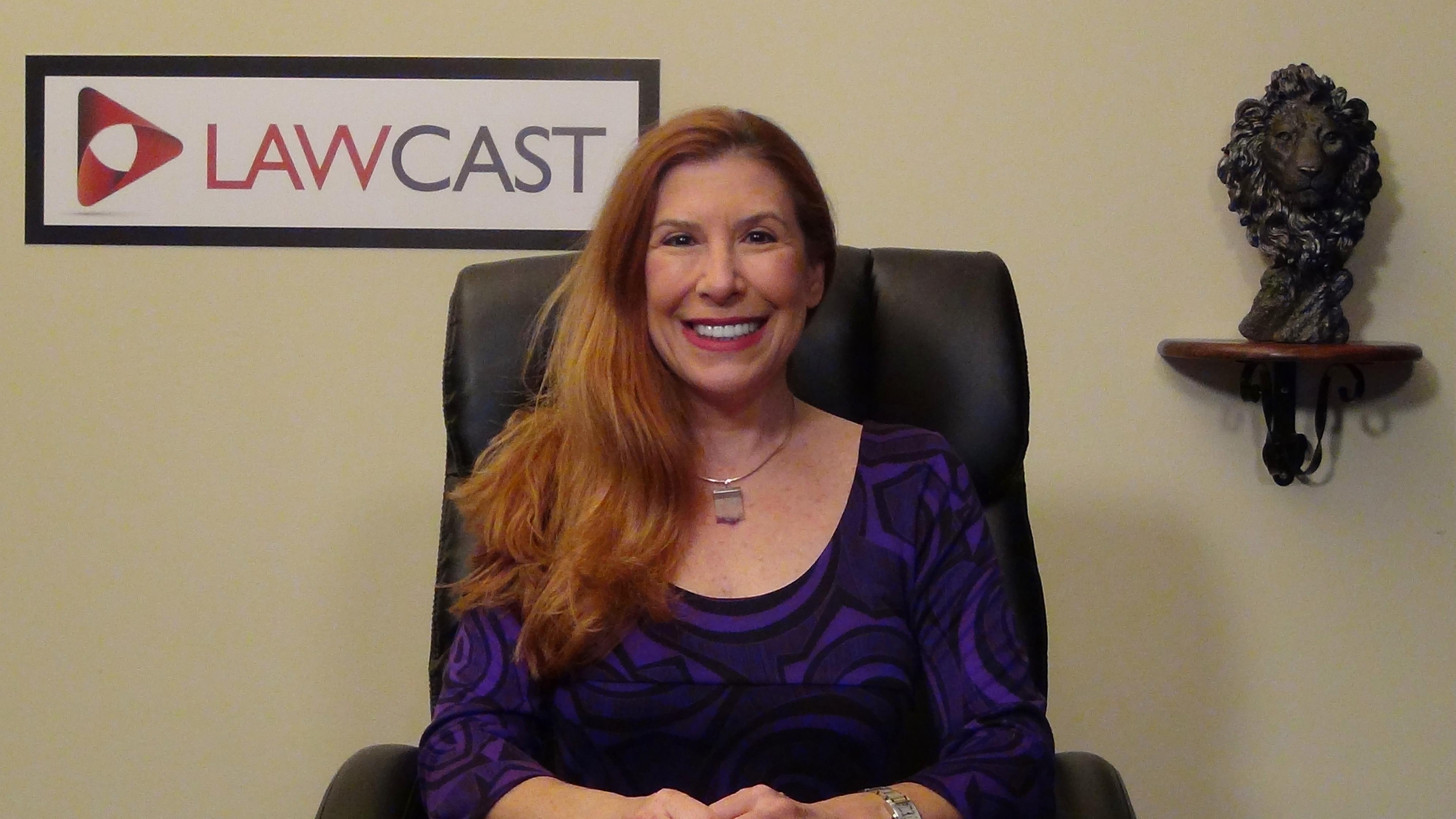Violation Of Section 16 By An Insider
Violation Of Section 16 By An Insider- Today I am continuing to discuss the Section 16 requirements and in particular the short swing trading profit prohibition. In addition to filing reports on Forms 3, 4 and 5 under Section 16, insiders, including officers, directors and 10% or greater shareholders, are prohibited from making profits in the short swing trading of the company securities.
Section 16 is designed to discourage trading on inside information, and presumes that certain people inevitably benefit from their “insider” status. Under Section 16, any purchase and sale, or sale and purchase, of a reporting company’s securities by a company insider made during any given six-month period will be matched. Any “profit,” whether inadvertent or intentional, realized by matching a purchase and sale within a six-month period is recoverable by the company.
Transactions are matched or paired so as to match the lowest purchase price with the highest sale price in any 6 month period. It does not matter for Section 16 purposes whether the purchase or sale comes first. It makes no difference that the particular shares sold happen to be shares held more than six months, since it is not necessary for the same shares to be involved in each of the “matched” transactions.
Transactions are matched with any beneficial ownership transaction, thus a purchase by an insider can be matched with a sale by the insider’s spouse. Public and private transactions also can be matched.
If the company fails to pursue the insider for recovery of the profit, any shareholder can sue on the company’s behalf. Forms 3, 4 and 5 filed with the SEC are publicly available and are routinely monitored by attorneys who make their living by threatening to file Section 16 suits on behalf of shareholders. In the event of a violation of Section 16 by an insider, these attorneys send a quick form letter demanding that the company take action and if they do not they can compel the company and/or the offending insider to pay their attorney’s fees and expenses along with recovering the insider’s profit.
Section 16 also makes it unlawful for insiders to make short sales, sales against the box or other similar hedging transactions.
As mentioned in prior Lawcasts in this series, Section 16 is complex and contains many nuances and traps. Insiders should always consult with company counsel or a separate attorney prior to engaging in a transaction involving company shares.
In the next Lawcast in this series, I will begin a detailed discussion of Section 13 of the Exchange Act, which like Section 16 requires individual reporting with the SEC by certain insiders.







